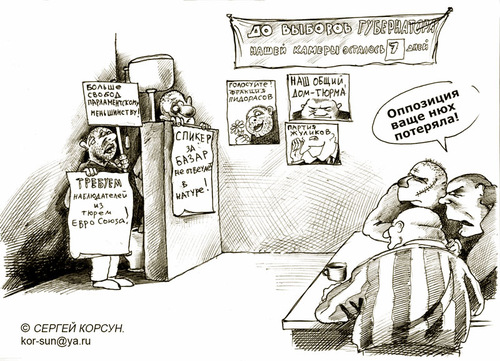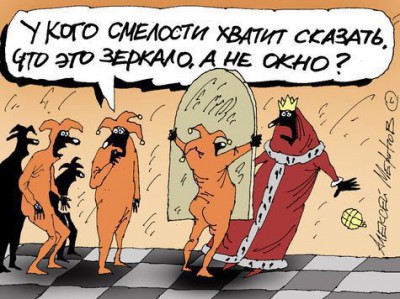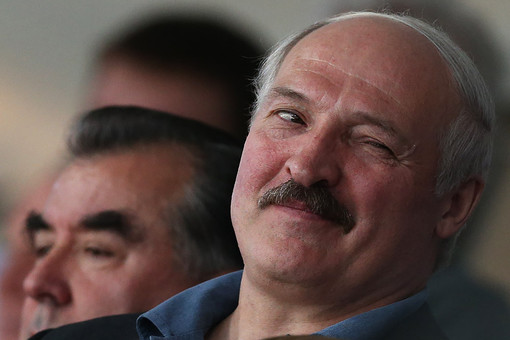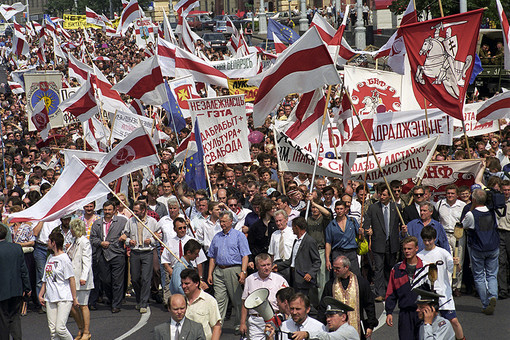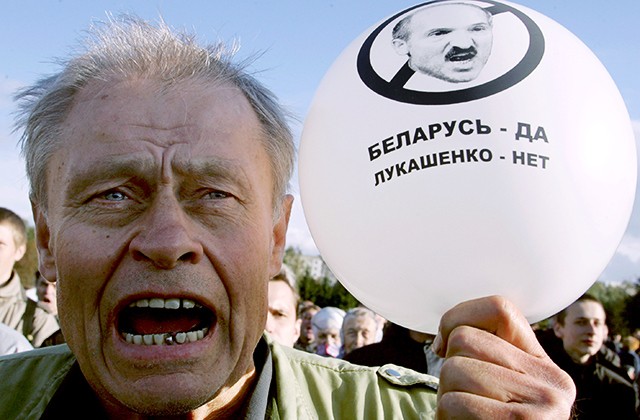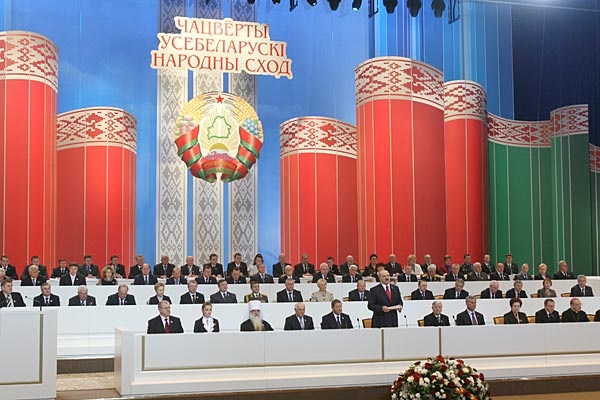Международный аналитический портал «The Daily Journalist» попросил прокомментировать последние мировые события ряд экспертов из разных стран, в том числе — руководителя Гражданской Кампании «Наш Дом» Ольгу Карач.
Вот как портал «The Daily Journalist» сформулировал вопросы:
«Recently, Russia has shown an alarming scale of fighter jets illegally flying through EU NATO airspace. Turkey, Norway, Belgium and Sweden among the countries who detected these Russian jets.
Just by watching the recent APEC event, it seem to me as if Obama was angry at Putin, who rubbed the US presidents back, who not once maintained eye contact with him. Tension on the rise.
With the annexation of Crimea and also the financial and secretive military support to encourage a revolution in Ukraine, Russia is showing a worrisome face to the west. The expulsion of Russia from the G8, and the EU trying to provide Ukraine with Energy has not digested well in Moscow.
Putin wants to reestablish the Russian empire — A dream of his peer Khrushchev.
In my opinion, NATO and the US look relatively weakened on their military campaigns on the Middle East. And Putin is watching it, testing the murky waters inside the EU, who outside of France, and Germany have a weak military.
1. Is Russia showing signs of conflict given the recent moves? If yes, why? If not, why?
2. Would the EU adopt a more aggressive approach to Moscow’s latest international violations? And do you expect more violations to come?
3. Would it be on Putin’s interest to one day take over Europe, if the right opportunity arrives since he is an advocate of Khrushchev dream to reestablish a Russian Empire?
4. What do you preview next on Russia’s relation with Europe? Improvement or conflict?«
Руководитель Гражданской Кампании «Наш Дом» Olga Karatch (Master of Arts in Political Sciences, European Humanitarian University, Vilnius, Lithuania Graduate, Russian Philology, Masherov University, Vitebsk; with Red Diploma) ответила:
“Why is Russia behaving like that? Why are economic sanctions so ineffective and fail to bring the presupposed results?
Today, the main Russia’s national idea, which explains Vladimir Putin’s strikingly high popularity ratings, is the idea of revenge, and, in a certain sense, the idea of revising the outcomes of World War II.
With the collapse of the Soviet Union, Russia, which considers itself a “country that had defeated fascism”, was surprised to find out that the “victors” live worse than the “losers”; and Russia, as a power, is far from playing the leading role in the modern world. Since then, the Russian elite has been trying to “catch up and overtake” the West; however, obviously, too great cultural differences and different understanding of what it means to respect and influence; and what it means to humiliate others have thrown Russia into the abyss of self-isolation – now, it is not very much interested in the opinion of the West.
Besides, every resident of Russia knows quite well that living in the state of Cold War is quite usual and normal for him or her. What they cannot do, is to live in the state of peace. Therefore, Russia will continue playing the war and demonstrating the Cold War attributes by returning to familiar cultural codes and by frightening European citizens with the KGB and ice-axes like the one Trotsky was killed – aiming to put pressure on their governments in order to keep them away from conflicts, thus, distancing from the areas of Russia’s interests.
Russia cannot stop, just like the Soviet Union could not.
Thus, be ready to see new aggressive actions – “we’ll show them the gruel” – this succinct phrase is explaining everything. Putin lives as if in those days when GDR was under the USSR; and he dreams of returning those days and those positions; and it means that Europe has pretty plenty surprises still upcoming.
The dream of Khrushchev was to bury Europe and the West ideologically, that is, to prove the advantages of the socialist system over the capitalist one. The only way to prove it is by conquering and capturing Europe. That is why Khrushchev kept 20,000 tanks and strategic nuclear weapons in Eastern Germany; and that is why Soviet tanks were in Prague in 1968. Vladimir Putin is in a more difficult situation now – his system is not a socialist one, and it is too late to use nuclear weapons; however, ideologically, Putin is trying to inherit Khrushchev’s ideas. And this is the most dangerous thing – especially for Russia’s neighbours, because the revival of USSR will start with annexing them.
Moreover, Russians are sincerely bewildered by the fact that other nations are not eager to join Russia; they get offended by this reluctance to join. The danger is twofold here – it is not clear at all what a mess is in the heads of the Russian elite, which lives, on the one hand, with the images of armoured spearheads of 1968, and, on the other hand, has plenty of real estate in London.
It makes no sense for Europe to be afraid of an armed conflict, because Russia is already different. For example, today the flagship of its
Baltic Fleet is an auxiliary vessel; and the closest tank to Europe is stationed in Pskov. However, Putin has and relies on other weapons – the Europeans’ fear of these tanks and the KGB. Putin will make use of the of carrot and stick policy to make Khrushchev’s dream true: in the morning Europeans will be frightened with aircrafts and submarines, and in the evening, just as Nikita Khrushchev had dreamed, the pipelines stretched across Europe will be used to sell gas and oil – for Russian elites to buy still more real estate objects and yachts.”

